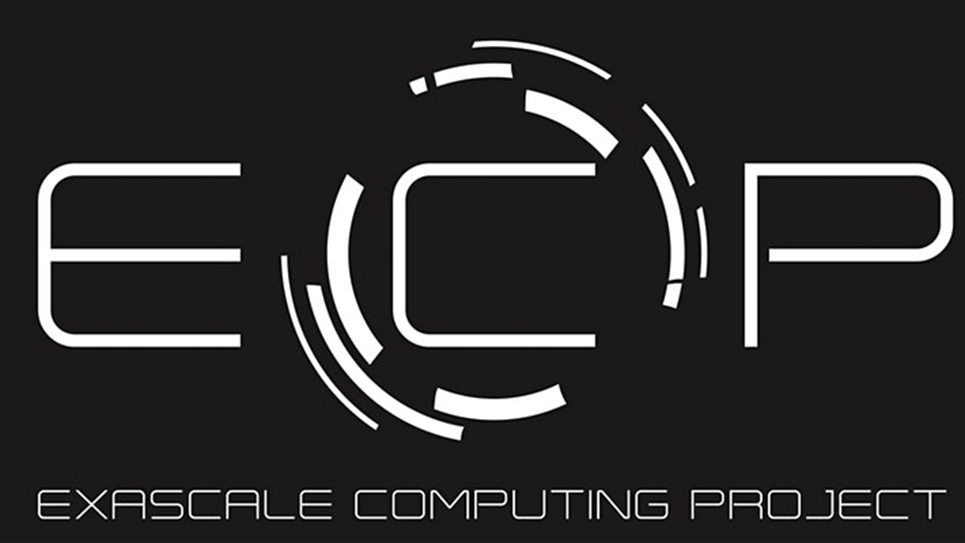
Accelerating Numerical Software Libraries with Multi-Precision Algorithms
The IDEAS Productivity project, in partnership with the DOE Computing Facilities of the ALCF, OLCF, and NERSC and the DOE Exascale Computing Project (ECP) has resumed the webinar series on Best Practices for HPC Software Developers, which we began in 2016.
As part of this series, we offer one-hour webinars on topics in scientific software development and high-performance computing, approximately once a month. The May webinar is titled Accelerating Numerical Software Libraries with Multi-Precision Algorithms, and will be presented by Hartwig Anzt (Karlsruhe Institute of Technology) and Piotr Luszczek (University of Tennessee). The webinar will take place on Wednesday, May 13, 2020 at 12:00 pm CT.
Abstract:
With the rise of machine learning, more hardware manufacturers are introducing low-precision special function units in processor designs, often achieving up to an order or magnitude higher performance than in the IEEE double precision that is typically used as working precision in scientific computing. At the same time, a rapidly expanding landscape of mixed- and multi-precision methods generate high-quality solutions that leverage the higher compute power of reduced precision. This webinar will introduce the concept of floating point formats and the IEEE standard. We will demonstrate how using an iterative or direct solver in lower precision impacts the solution quality. We will outline several strategies that aim to preserve numerical stability and high solution quality while still computing, at least partially, in lower precision. We will present several multi-precision algorithms that have proven particularly successful and elaborate on their realization and usage. We also will introduce open source production-quality multi-precision software packages and show their integration and efficiency for scientific applications. The webinar will focus on lessons learned and generally applicable strategies.